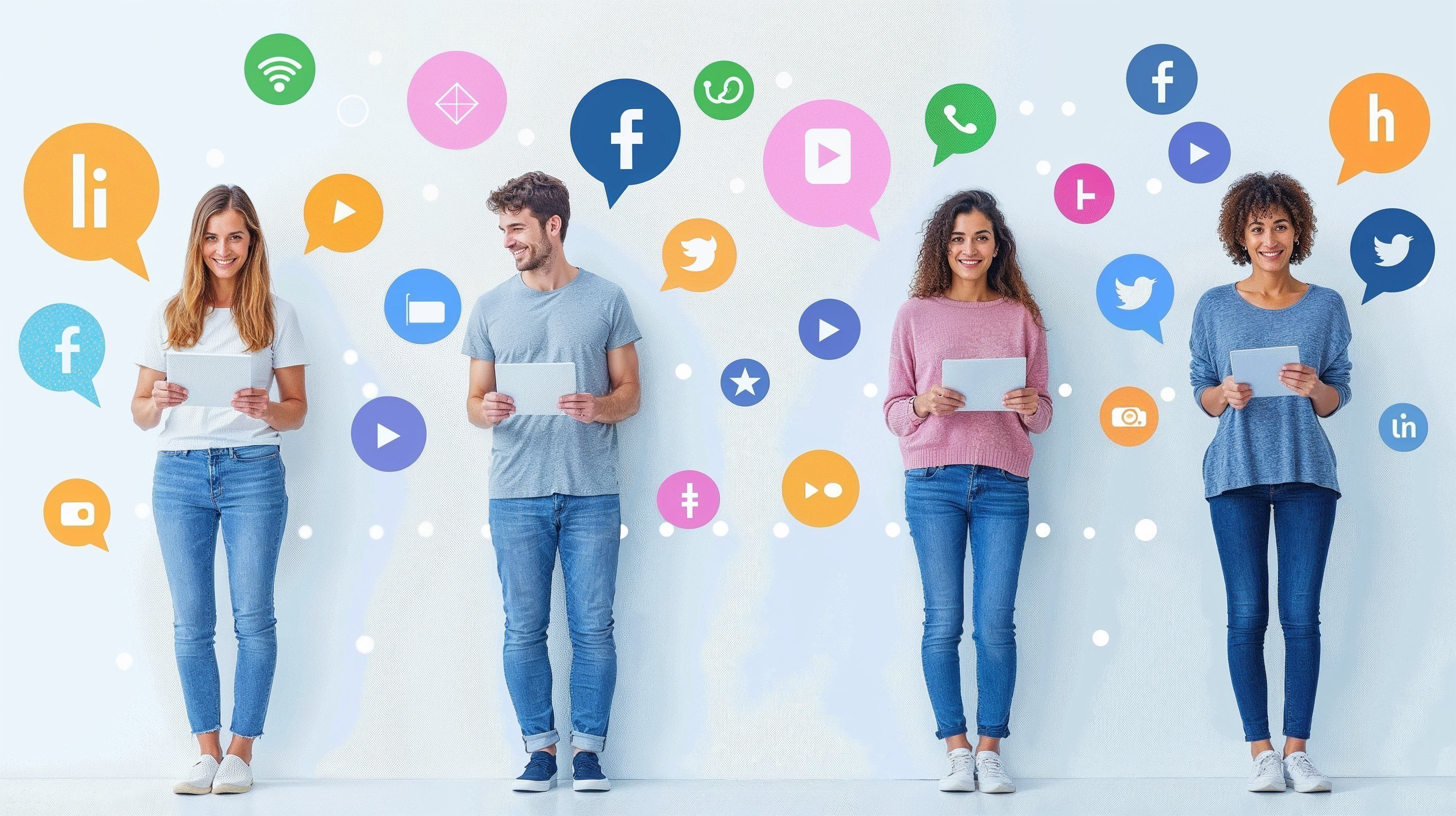28 February 2024
The Power of Social Media Shaping Public Opinion and Democracy.

Press the play button in the top right corner to listen to the article
The power of social media in shaping public opinion and democracy is a multifaceted phenomenon that has transformed the way information is disseminated and consumed worldwide. This digital revolution has democratized information sharing, giving voice to those who were previously unheard and allowing ideas to spread far and wide at unprecedented speeds. However, this newfound power comes with significant challenges and responsibilities, highlighting the dual-edged nature of social media platforms.
Social media's role in shaping public opinion is undeniable. Platforms like Twitter, Facebook, and Instagram have become the new public squares, where opinions are formed, debated, and disseminated. The ability to share news and ideas with a vast audience at the click of a button has empowered individuals and organizations, making social media a potent tool for social change and political mobilization. Movements for justice and equality have found a global audience thanks to the viral nature of social media campaigns, leading to tangible changes in public policy and awareness.
However, the influence of social media on democracy is not solely positive. The same mechanisms that enable the spread of valuable information can also be harnessed to disseminate misinformation and propaganda. The anonymity and reach of social media platforms have led to the rise of "echo chambers" and "filter bubbles," where users are exposed only to information that reinforces their preexisting beliefs, exacerbating societal divisions. Moreover, the manipulation of social media algorithms and the use of bots and fake accounts to influence public opinion pose significant threats to the integrity of democratic processes, as seen in several instances of electoral interference.
The responsibility of social media companies in this landscape is a topic of intense debate. Calls for increased regulation, transparency, and accountability have grown louder in response to concerns over privacy breaches, data misuse, and the unchecked spread of fake news. Balancing the freedoms of speech and expression with the need to protect democracy and prevent harm is a complex challenge that requires nuanced solutions.
In conclusion, while social media has undeniably reshaped the public sphere, fostering greater participation and engagement, it also poses significant challenges to the health of democracies around the world. The path forward requires a collaborative effort among governments, tech companies, and users to harness the positive aspects of social media while mitigating its potential for harm.
The content, including articles, medical topics, and photographs, has been created exclusively using artificial intelligence (AI). While efforts are made for accuracy and relevance, we do not guarantee the completeness, timeliness, or validity of the content and assume no responsibility for any inaccuracies or omissions. Use of the content is at the user's own risk and is intended exclusively for informational purposes.
#botnews















































































